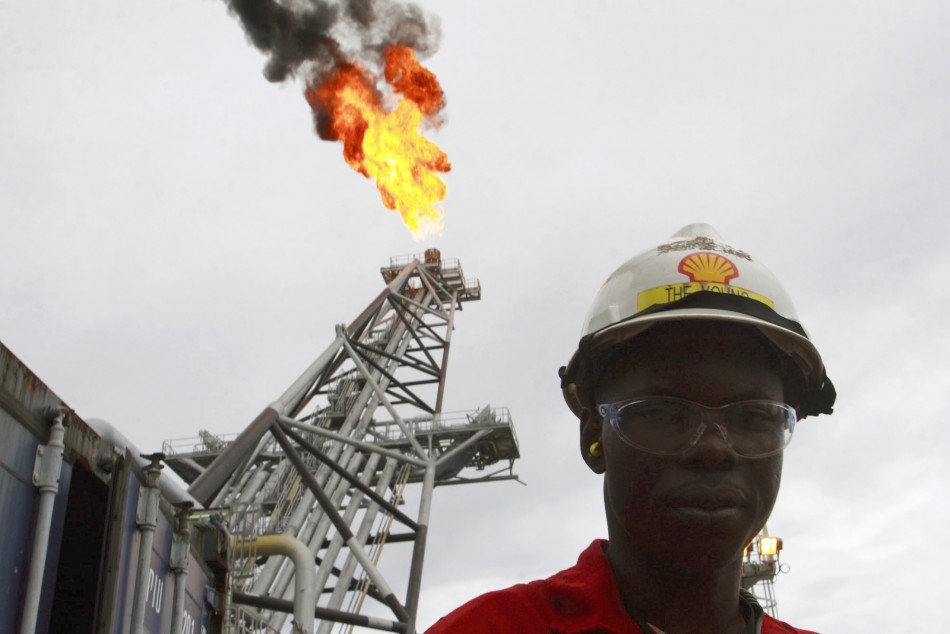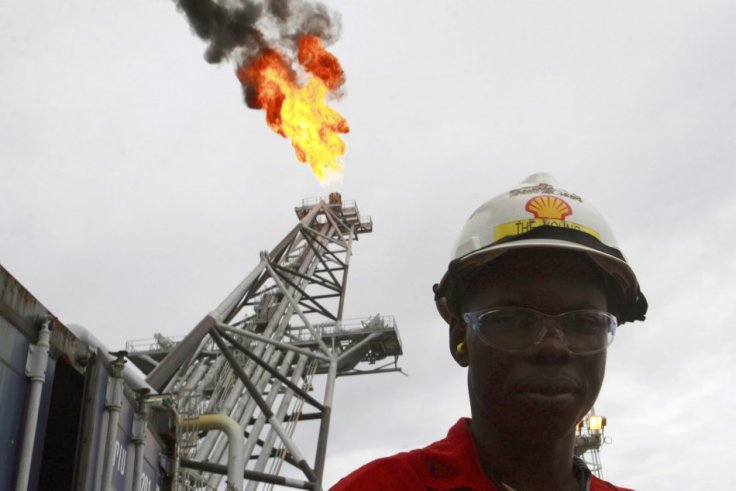
Nigeria’s President Mohammadu Buhari has been advised to privatise the country’s four refineries and end a fuel subsidy program.
Nigeria is Africa’s biggest crude oil producer but its lack of refineries means that the country has to import fuel.
“The removal of the fuel subsidy is one of the recommendations of the transition committee,” a senior All Progressives Congress (APC) told Reuters.
“The committee also suggested to Mr President that the four refineries be privatized so that the government stops wasting money on annual turnaround maintenance,” he said.
Former president Goodluck Jonathan, defeated by Buhari in March’s presidential election, had cut subsidies by 90% after oil prices slumped.
In 2012, the government attempted to end subsidies by doubling the price of a litre of petrol overnight, angering citizens who argued that low prices are the only benefit they have by living in the oil-rich nation. The government backtracked on its decision following protests.
According to Olayemi Akande, a prominent Nigerian blogger based in Lagos, some will oppose to the end of subsidy.
Akande told IBTimes UK: “There seems to be a cabal that profits a lot from the subsidy and will do everything it takes to fight the removal. I support the privatisation of the four refineries, which will likely increase efficiency in that sector.”
Nwafor Chizoba, a copy-editor from Onitsha, Anambra state, told IBTimes UK that Nigeria should not rely on fuel imports. However, he believes that subsidy is currently “the only way Nigerians benefit from their government.”
He said: “Buhari shouldn’t remove the subsidy as he will incur the wrath of the populace if he does. Subsidy is the only way the ordinary Nigerians benefit from their government.
“Things are not easy here. You may be wondering why the fuel issue seems to be the cardinal issue in Nigeria. Well, it is because fuel is at the centre of everything here: We cook, commute, produce and even rely on it for electricity.This is the reason why the price of everything is affected once fuel price rises in the country.
“They [government] should ask themselves why is it that other countries are growing and we are declining.”
FRENCH VERSION
Le Nigeria est le plus grand producteur de pétrole brut de l’Afrique, mais son manque de raffineries signifie que le pays doitimporter du carburant.
« La suppression de la subvention de carburant est une desrecommandations du Comité de transition », a déclaré à Reutersun congrès de progressistes tous les hauts (APC).
“Le Comité a également suggéré à Monsieur le Président que lesquatre raffineries privatisées jusqu’à ce que le gouvernementcesse de gaspiller de l’argent sur l’entretien annuel deredressement,” dit-il.
Ancien Président Goodluck Jonathan, défait par Buhari dansl’élection présidentielle de mars, avait coupé les subventions de90 % après que les prix du pétrole ont chuté.
En 2012, le gouvernement a tenté à la fin des subventions endoublant le prix du litre d’essence durant la nuit, provoquant lacolère des citoyens qui ont soutenu que les bas prix sont le seulavantage qu’ils ont en vivant dans la nation riche en pétrole. Legouvernement fait marche arrière sur sa décision suite à laprotestation.
Selon Olayemi Akande, un éminent blogueur nigérian basé àLagos, certains s’opposera à la fin de la subvention.
Assad dit IBTimes UK: “il semblerait être une cabale qui profitebeaucoup de la subvention et fera tout ce qu’il faut pour lutter contre la suppression. Je soutiens la privatisation des quatreraffineries, qui vont probablement augmenter l’efficacité dans cesecteur. »
Nwafor Chizoba, un réviseur d’Onitsha, état d’Anambra, ditIBTimes UK que le Nigeria ne doit pas dépendre de carburantimporte. Toutefois, il estime que cette subvention estactuellement « la seule façon nigérians bénéficient de leurgouvernement. »
Il a dit: “Buhari ne devrait pas supprimer la subvention qu’ilencourra la colère de la population s’il le fait. Subvention est leseul moyen que les Nigérians ordinaires bénéficient de leurgouvernement.
“Les choses ne sont pas faciles ici. Vous demandez peut-êtrepourquoi la question du carburant semble être le problèmecardinal au Nigeria. Eh bien, c’est parce que le carburant est aucentre de tout ici : nous cuisiner, commuer, produire et mêmecompter sur elle pour l’électricité. C’est la raison pourquoi le prixde tout est affecté une fois que la hausse des prix de carburantdans le pays.
« Ils [le gouvernement] devraient se demander comment se fait-ilque les autres pays sont de plus en plus et nous sommes en baisse. »



